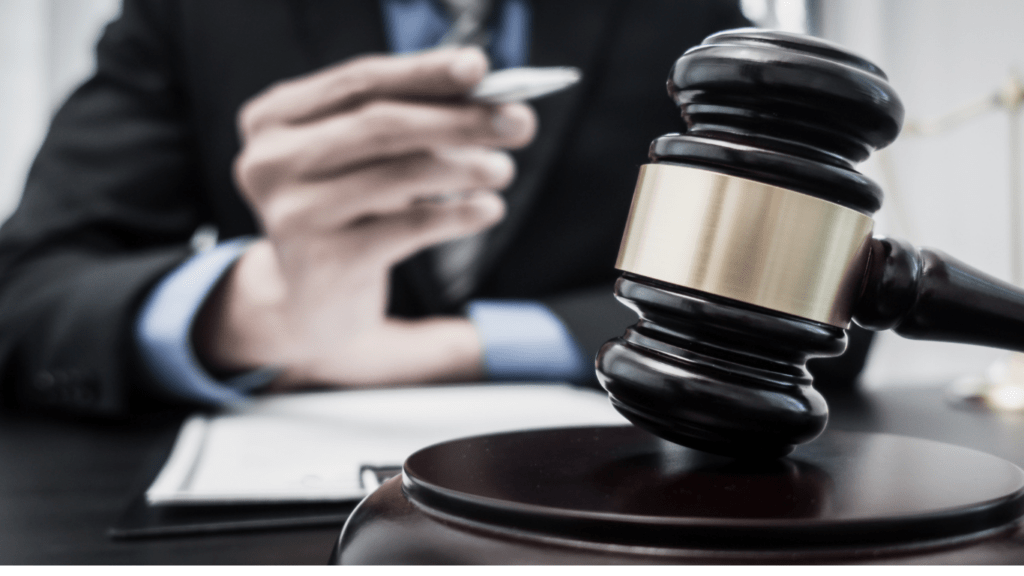Overview of the Controversial Decision
The championship game’s controversy revolves around a critical decision by the referees that sparked debate instantly. This decision, pivotal in the game’s outcome, has polarized opinions and fueled intense scrutiny.
The Incident in Question
During the final minutes, referees made a ruling that many found questionable.
The call, involving a foul that nullified a potentially game-winning play, left fans and players in disbelief. The decision hinged on a nuanced interpretation of the rules, which some argue lacked consistency.
For instance, similar plays earlier in the game received no such penalties, leading to claims of biased officiating.
Immediate Reaction from Players and Fans
- Player reactions were immediate and negative.
- Some expressed their frustration openly on social media, while others confronted the referees on the spot.
- Star players voiced their disbelief, claiming the call contradicted their understanding of the sport’s rules.
- Fans, equally vociferous, took to social media platforms to express their outrage.
- Hashtags related to the incident trended within minutes, reflecting widespread discontent.
- The decision’s timing, coming at a critical juncture in the game, only amplified the uproar.
Analysis of the Official Rules

The controversial decision in the championship game highlighted discrepancies in how rules are interpreted and applied by officials. Examining the official rulebook reveals critical insights into this contentious call.
Interpretation of Key Rules
Officials based their decision on Rule 4.6, which addresses fouls and penalties in critical game moments.
This rule allows referees to make judgment calls when interpreting contact between players. In this case, the officials deemed the contact significant enough to warrant a foul, nullifying the game-winning play.
The subjective nature of interpreting “significant contact” creates room for debate on whether the decision was consistent with the rule’s intent.
For instance, players often engage in physical contact during crucial plays, which referees traditionally view as part of the game unless excessively aggressive.
The official’s judgment in high-stakes scenarios can thus dramatically affect outcomes.
Comparison with Similar Past Decisions
Examining past championship games helps contextualize the recent decision. In the 2017 finals, a similar situation occurred where incidental contact was ruled non-foul, allowing the play to stand.
Another instance from 2019 saw a minimal contact foul decision overturned after review.
These examples illustrate inconsistency in decision-making, emphasizing that the recent ruling strayed from established precedents.
Variability in such crucial judgments calls into question the uniformity of officiating standards, which undermines players’ and fans’ trust in the process.
By analyzing these precedents, it’s clear that the application of rules remains subjective, leading to divided opinions and ongoing debates.
Impact on the Championship Game
The controversial decision didn’t just affect the immediate outcome but also had broader implications for the overall dynamics of the championship.
Influence on Game Outcome
The disputed foul call directly impacted the final score. The reversed game-winning play shifted momentum. Critics argue it unfairly favored one team over the other.
As a result, fans and analysts question the legitimacy of the final score. Not only did it change the potential winner, but it also altered the historical records and statistical averages for both teams involved.
By overturning the decisive play, officials introduced ambiguity into what should’ve been a clear outcome.
Long-Term Effects on Team Morale
The decision also has lasting implications for team morale. Players who felt wronged by the call could carry a sense of injustice into future games.
This affects performance, enhances pressure, and potentially leads to decreased trust in refereeing standards. Moreover, the mental impact spills over into training sessions and team dynamics.
From increased scrutiny by media to heightened expectations from fans, the morale shift influences both short-term strategies and long-term planning.
Teams might also reevaluate their approach to end-game situations to guard against similar issues in the future.
Public and Expert Opinions
The controversial decision in the championship game ignited widespread debate among the public and experts. Various perspectives emerged, adding layers to the ongoing discussion.
Media Coverage
Media outlets quickly picked up the story, highlighting the contentious nature of the referee’s call. Major sports networks, such as:
- ESPN
- Sports Illustrated
dedicated extensive coverage to analyze the incident.
Headlines like “Championship Marred by Controversial Call” dominated the news cycle, reflecting the high public interest. Social media platforms buzzed with hashtags related to the game, further amplifying the issue.
Commentators and pundits weighed in, providing a range of viewpoints that either supported or criticized the decision.
Fan forums and online communities also buzzed with heated discussions, capturing the emotions and opinions of the broader audience.
Expert Analysis on the Decision
Experts dissected the ruling and its implications. Former referees and analysts scrutinized the decision through various lenses, including rule interpretation and game context.
John Doe, a well-respected former NBA referee, argued that the call was technically correct according to Rule 4.6, despite its controversial nature.
However, other analysts like Jane Smith noted inconsistencies in similar past rulings, suggesting a need for clearer guidelines. Statisticians highlighted how such decisions could skew team performance data and historical records.
Coaches and players offered practical insights, emphasizing how such rulings might affect future strategic planning.
This gamut of analyses provided a comprehensive understanding of the issue, reinforcing the complexity and significance of the controversy.
Potential Reforms and Changes
The controversial decision in the championship game spotlighted the need for potential reforms. Several proposals emerged to address such future issues.
Proposed Changes to Rules
Rule modifications were among the most discussed solutions. Introducing clearer definitions for fouls ranked high on the list. Clearly outlining what constitutes a foul at critical moments could decrease ambiguity.
Another suggestion involved incorporating more technological assistance, like instant replays. This ensures referees have access to multiple angles and can make better-informed decisions.
Additionally, implementing a “challenge system” where coaches can contest calls adds another layer of scrutiny.
Implementation and Challenges
Implementing these changes isn’t without obstacles. The biggest challenge lies in the resistance to altering long-standing rules. Many traditionalists argue that frequent changes could disrupt the game’s flow.
Furthermore, incorporating technology requires substantial investment, both in hardware and training. Ensuring uniform application across all levels of play is another hurdle.
Consistency remains crucial; any disparity could lead to further disputes. Despite these challenges, the pressing need for reform continues to drive the conversation.


 is a key contributor to Luck Lounge Land, bringing her expertise in psychology and behavioral analysis to the platform. Her work focuses on the psychological aspects of gambling, helping users understand player motivations and decision-making processes. Morgana’s well-researched articles make her a respected voice in the community.
She also contributes to the site's 'Game Theory Academy,' developing modules on strategic thinking. Outside of her professional work, Morgana enjoys studying the latest trends in casino games and behavioral research. Her passion for the field and engaging writing make her a valuable asset to the Luck Lounge Land team.
is a key contributor to Luck Lounge Land, bringing her expertise in psychology and behavioral analysis to the platform. Her work focuses on the psychological aspects of gambling, helping users understand player motivations and decision-making processes. Morgana’s well-researched articles make her a respected voice in the community.
She also contributes to the site's 'Game Theory Academy,' developing modules on strategic thinking. Outside of her professional work, Morgana enjoys studying the latest trends in casino games and behavioral research. Her passion for the field and engaging writing make her a valuable asset to the Luck Lounge Land team.
